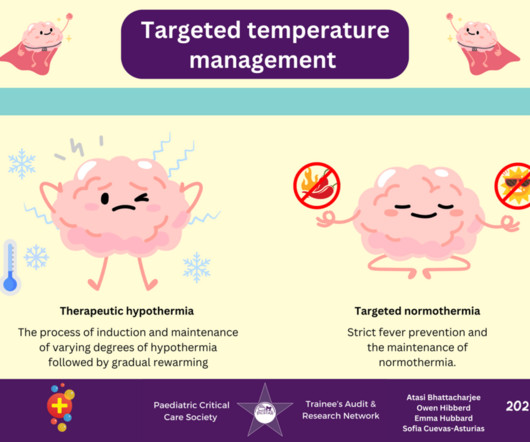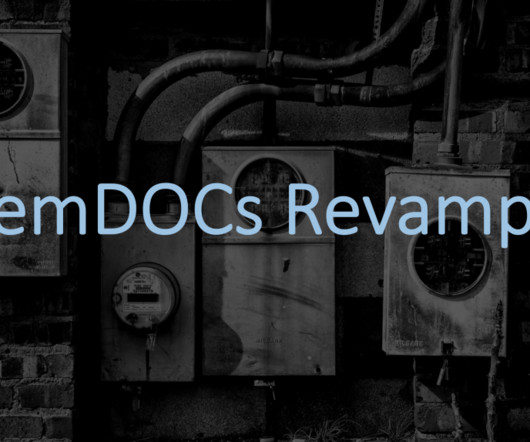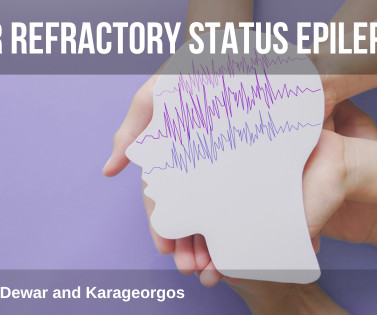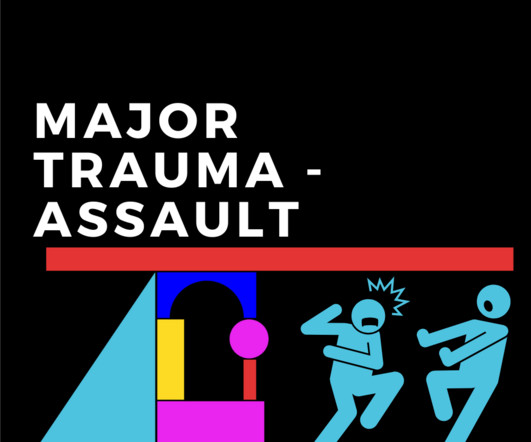Targeted Temperature Management in Paediatric Traumatic Brain Injury
Don't Forget the Bubbles
NOVEMBER 11, 2024
Targeted temperature management (TTM) is the induction of varying degrees of patient temperature targeting within Paediatric Intensive Care Unit (PICU): Therapeutic hypothermia- induction of varying degrees of hypothermia. What are the potential complications of therapeutic hypothermia? It can also increase blood pressure.











































Let's personalize your content